Reading Joshua
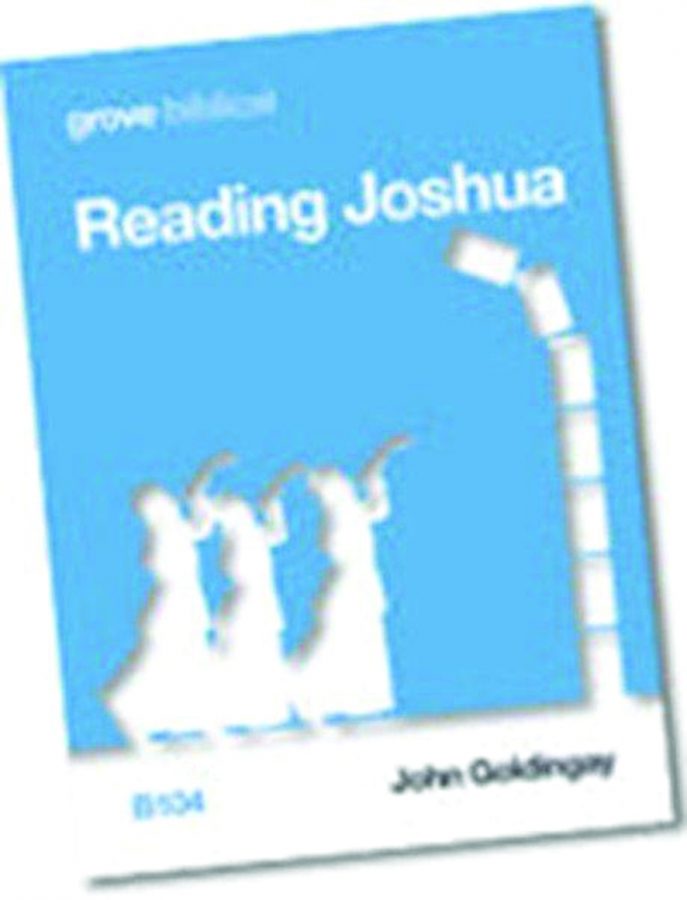 Reading Joshua
Reading Joshua
Author John Goldingay
Publisher Grove £3.95
Format pbk
ISBN 9781788272414
John Goldingay, an eminent Old Testament scholar, has produced a succinct, highly readable summary of the rather neglected book of Joshua. It is really a trailer for his forthcoming major commentary, but is immensely valuable in its own right, for it provides discussion points on many Old Testament controversies, especially the apparently gratuitous violence and genocides during the Israelite invasion of Canaan (Joshua chapters 6, 8, 11). Such passages frequently concern modern readers who find it difficult to reconcile these actions of Israel, under Joshua, with the God of love, especially when the texts suggest God approved, or even commanded, such violence. Goldingay argues strongly that the violence was probably exaggerated, but his main point is that God engaged ‘in a world that worked violently.’ Joshua led the people in the context of his age, and modern Christians live in a different context. While liberals may take a less relaxed view of this apparent justification of Joshua and violence, Goldingay’s brilliantly conceived analysis deserves close attention. The debate will no doubt continue.
Reviewed by MALCOM DAWSON
Old Testament Ethics

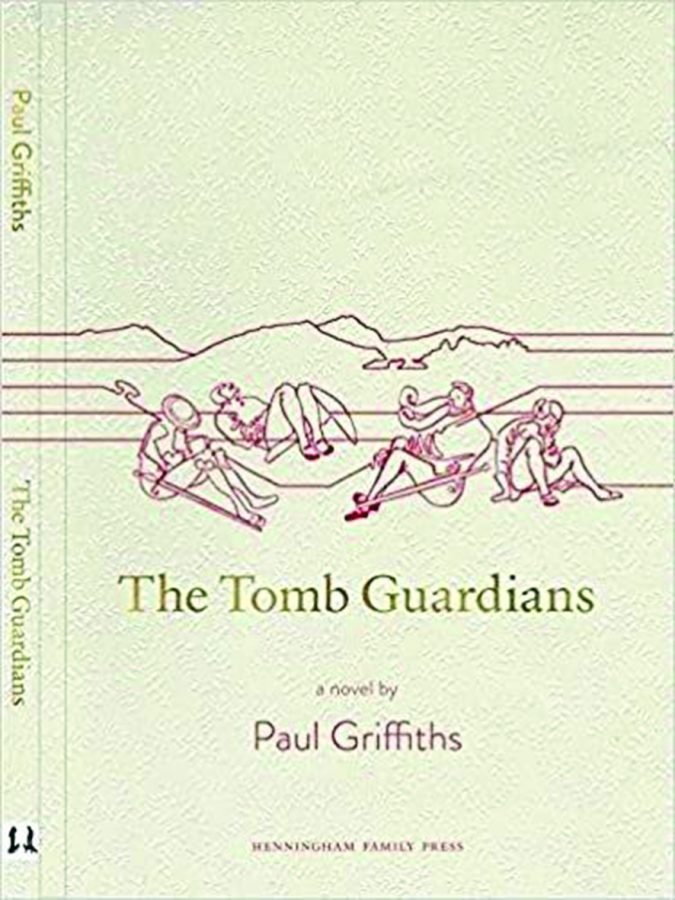 The Tomb Guardians
The Tomb Guardians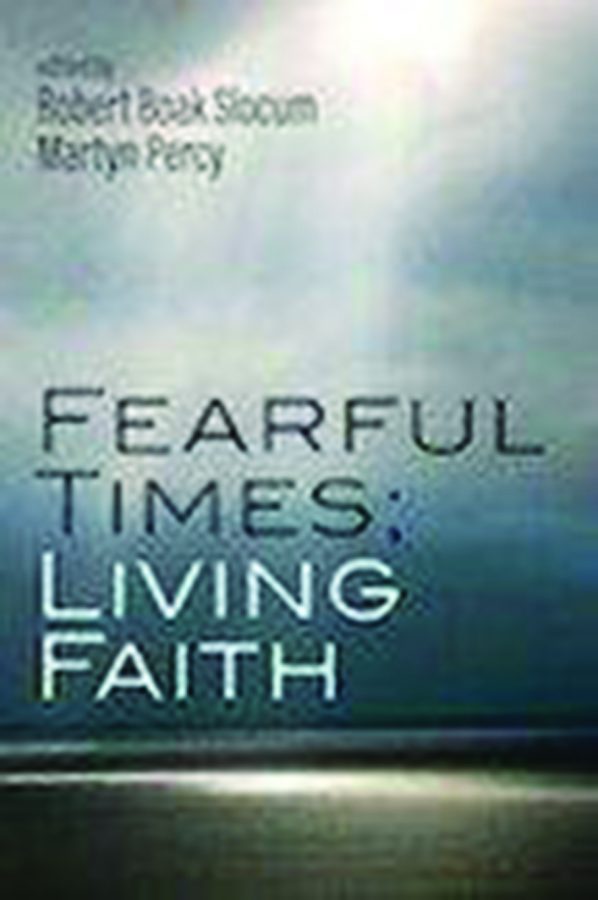 Fearful Times;
Fearful Times; 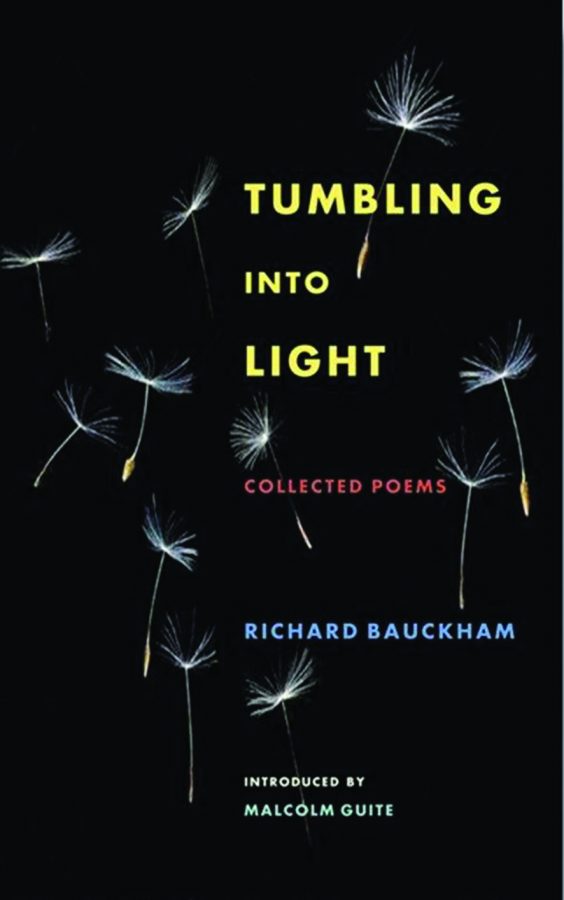 Tumbling into Light
Tumbling into Light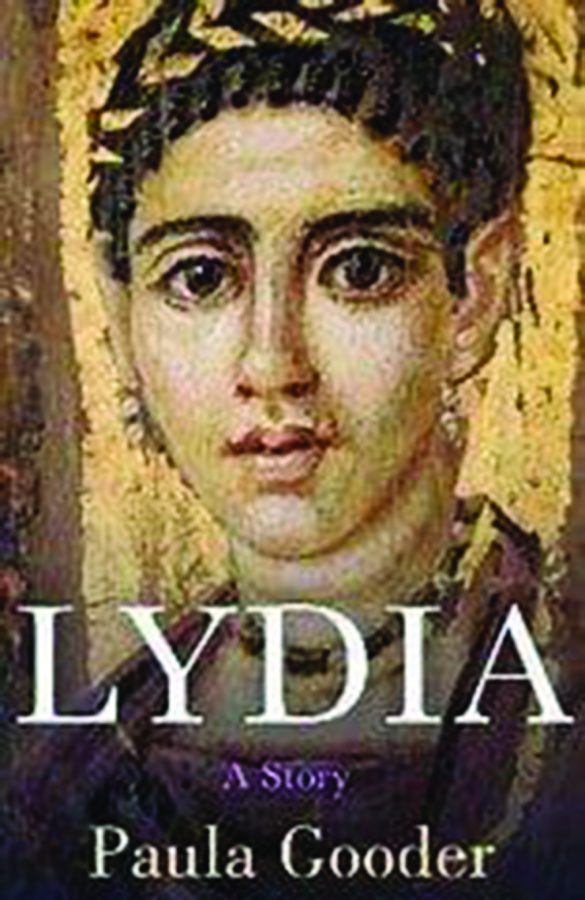 Lydia
Lydia
Recent Comments